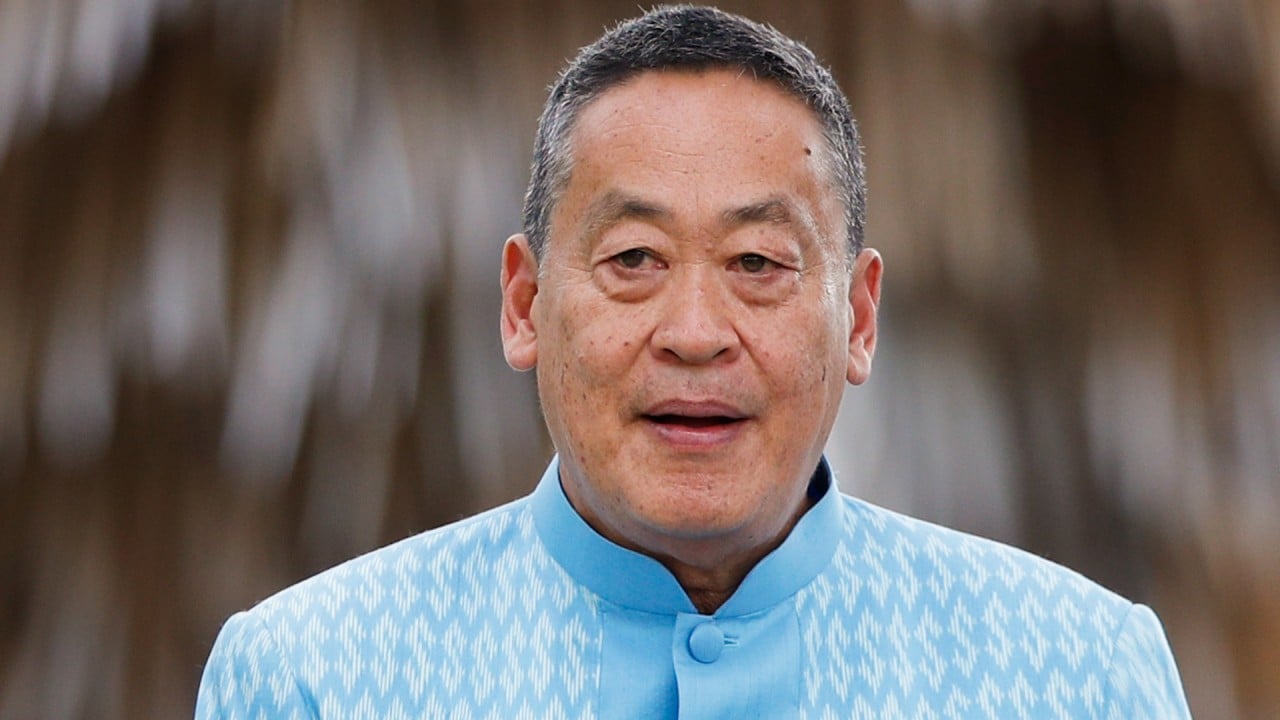Srettha’s exit: are Thailand’s conservatives on the rise, democracy in retreat? – Technologist
Pheu Thai, the largest party in that coalition, now has a choice between 75-year-old former justice minister Chaikasem Nitisiri and the untested Paetongtarn Shinawatra, 37, the daughter of party patriarch Thaksin Shinawatra.
Chaikasem appears to be the front-runner for a vote due on Friday in parliament for a new prime minister.
Rumours on Thursday afternoon mounted that party leader Paetongtarn may instead be forwarded for the vote, raising the potential of a third Shinawatra direct family member to hold the post.
If Chaikasem succeeds, he will become Thailand’s oldest ever prime minister. Despite a recent history of ill health, he is seen as a safe steward of Thaksin’s interests.
Thaksin, the divisive billionaire and influential two-time ex-prime minister, is hogging the headlines once again. He returned to Thailand almost a year ago after a jail sentence for corruption which prodded him into 15 years in self-exile and was pardoned by Thailand’s powerful king. That signalled an apparent deal with the conservatives who once saw his electoral magnetism as the gravest threat to their ascendancy.
That bargain was sealed to snuff out a new danger – the 2023 election-winning Move Forward party – which was outmanoeuvred from forming a government.
Instead, Srettha, a political neophyte with limited pull inside Pheu Thai, became the party’s prime minister to lead a coalition of conservatives including military-aligned parties.
Srettha’s downfall suggests all is not well inside the coalition and the terms of Thaksin’s deal to return could be on the table.
Yet Pheu Thai “will almost certainly remain in government,” political analyst Ken Lohatepanont said, even if its hold on the premiership “has become quite tenuous” given Srettha’s exit.
Other players
Only five other people can become prime minister.
A favourite in this group is Interior Minister Anutin Charnvirakul, a former health minister and a construction magnate with a penchant for flying planes, singing karaoke and backing decriminalised cannabis, who heads the Bhumjaithai party, the second largest in the coalition.
Bhumjaithai, a political party under the banner of patron Newin Chidchob, a former Thaksin loyalist whose younger brother was in Srettha’s cabinet, is on the rise with growing influence in the newly elected Senate and enough seats to make a convincing case for Anutin to be prime minister if Pheu Thai fails to install its pick.
Former general and political puppet master Prawit Wongsuwon, 80, is less favoured but also in contention as a prime minister candidate for Palang Prachararth, the former governing party. Forty senators appointed by him brought the legal complaint which led to Srettha’s dismissal. Prawit’s name perennially emerges when the political deck is shuffled.
Prayuth Chan-ocha, the general who seized power with Prawit as his No. 2 in a 2014 coup and then governed for a decade, has been promoted to the privy council which advises the king but could be a contender for prime minister.

Winners and losers
Thailand’s two-decade tug of war between the arch-royalist elite – backed by interventionist courts, a tycoon class and a military with a history of carrying out coups to secure the interests of conservatives- and democratic movements appears to be being decisively won by the establishment.
Conservative parties were battered in polls in May last year that saw Move Forward win the most seats and votes.
Yet politicking and court rulings have elevated the power brokers from conservative parties to the cabinet and within touching distance of the prime minister’s office.
Move Forward, the youth-facing reformist party, was dissolved by the Constitutional Court last week. With his dismissal, Srettha became the fourth prime minister associated with the Shinawatra brand to be taken out by Thai courts in two decades.

Whatever the outcome of any deal with Thaksin, conservatives have shown they can rattle Pheu Thai at will.
With Srettha gone, doubts are now being cast over a US$14 billion digital cash handout to drive the economy while the Thai stock exchange continues to decline largely due to the country’s enduring political uncertainty.
The main losers of August’s subversion of the status quo are ordinary Thais, especially the millions who voted for Move Forward and those yearning for an economic rebound amid the global slowdown.



